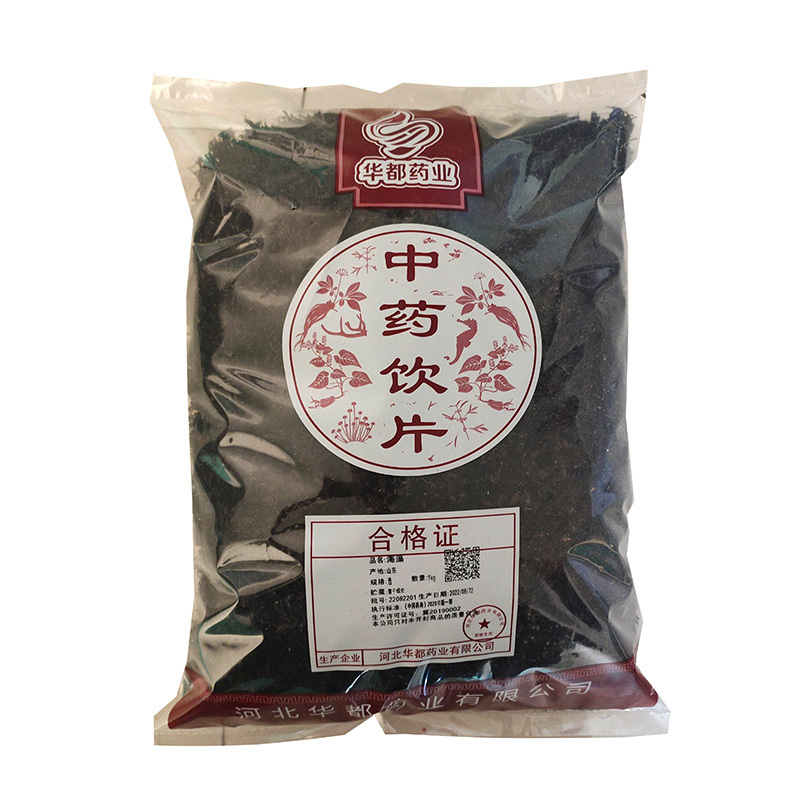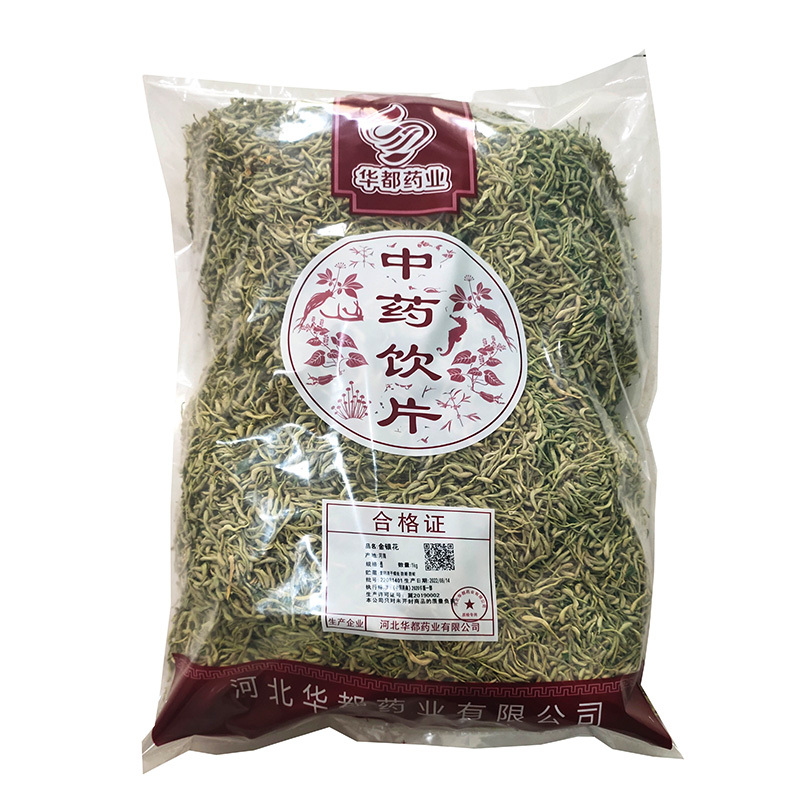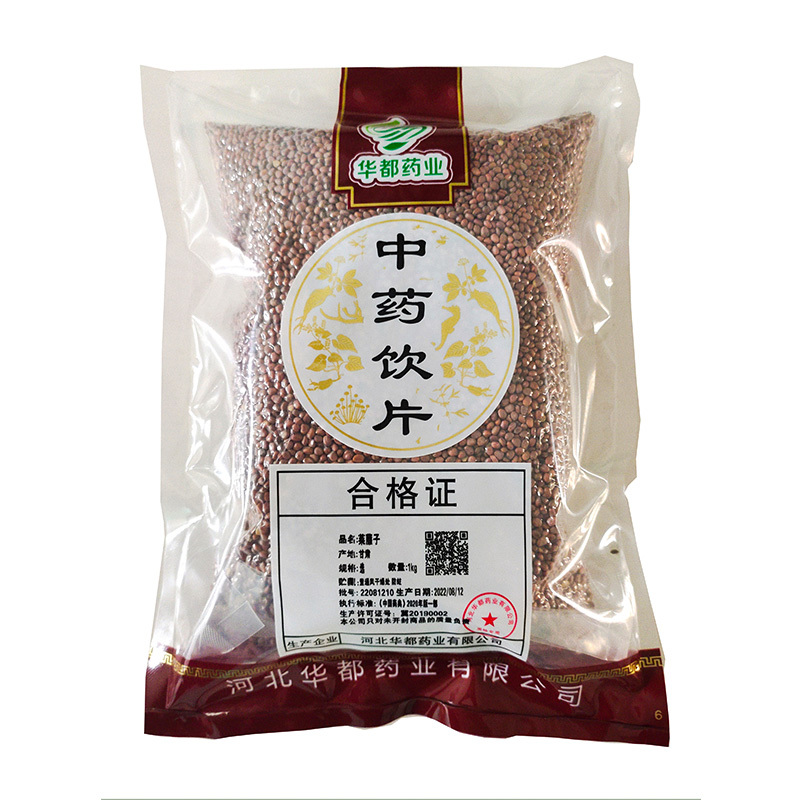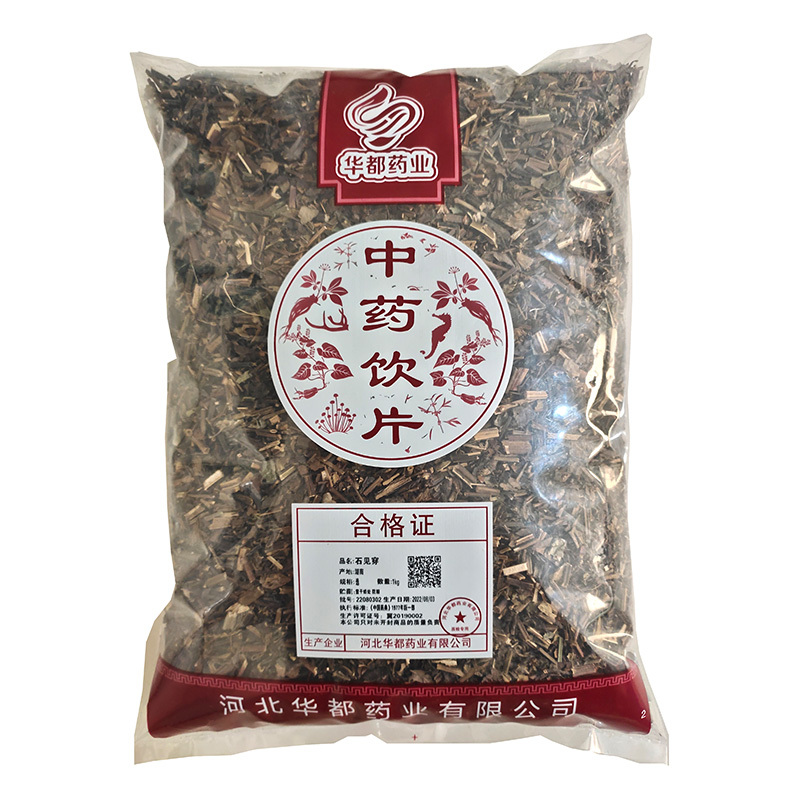
Jujube
Still hesitating? Get the samples first,Contact Us!
Classification
Label
Product Description
Jujube, also known as Chinese date, is a small round fruit that grows on the jujube tree. The fruit has a sweet, crisp flesh and a flavor reminiscent of apples. Jujubes are commonly used in traditional Chinese medicine for their various health benefits. In this article, we will explore the history, cultivation, uses, and health benefits of jujubes.
History and Cultivation
Jujubes have been cultivated in China for over 4,000 years. The fruit was highly prized by the ancient Chinese for its medicinal properties and was often referred to as the "fruit of immortality." Jujubes were also used as a natural sweetener and were believed to promote longevity and vitality.
Today, jujubes are grown in many parts of the world, including the Middle East, southern Europe, and the United States. The fruit is harvested in late summer or early fall when it turns from green to red or brown. Jujubes can be eaten fresh or dried and are commonly used in cooking and baking.
Uses
Jujubes have a wide range of culinary uses. The fresh fruit can be eaten on its own or used in salads, desserts, and beverages. Dried jujubes are often used in traditional Chinese medicine to make teas, syrups, and tonics. Jujube extract is also used in cosmetics and skincare products for its anti-inflammatory and antioxidant properties.
In addition to its culinary uses, jujube wood is prized for its durability and is used to make furniture, tools, and musical instruments. Jujube leaves are used in traditional Chinese medicine to make herbal remedies for coughs, sore throat, and insomnia. Jujube seeds are used to make a traditional Chinese remedy called suan zao ren tang, which is used to treat anxiety, stress, and insomnia.
Health Benefits
Jujubes are a rich source of vitamins, minerals, and antioxidants that promote good health. The fruit is high in vitamin C, which boosts the immune system and promotes healthy skin. Jujubes also contain vitamin A, potassium, magnesium, and fiber, which support heart health, digestion, and overall well-being.
The antioxidants in jujubes help to protect the body from oxidative stress and inflammation, which can lead to chronic diseases such as cancer, heart disease, and diabetes. Jujubes also have anti-inflammatory properties that can reduce pain and swelling in conditions such as arthritis and gout.
In traditional Chinese medicine, jujubes are used to tonify the blood, calm the mind, and improve digestion. Jujube tea is often recommended for people with insomnia, anxiety, and stress, as it has a calming and sedative effect on the nervous system. Jujube extract is also used in herbal remedies for coughs, colds, and respiratory infections.
In conclusion, jujubes are a versatile fruit with a long history of culinary and medicinal uses. Whether eaten fresh, dried, or in extract form, jujubes offer a range of health benefits that promote overall well-being. Incorporating jujubes into your diet and skincare routine can help to boost your immune system, protect against chronic diseases, and improve your overall health and vitality.
Free access to product information
You may also like
It mainly produces Chinese herbal pieces, including the primary processing of Chinese herbal medicines and the processing of refined decoction pieces. The production of more than 1,000 varieties has been sold all over the country and has achieved a good reputation.






